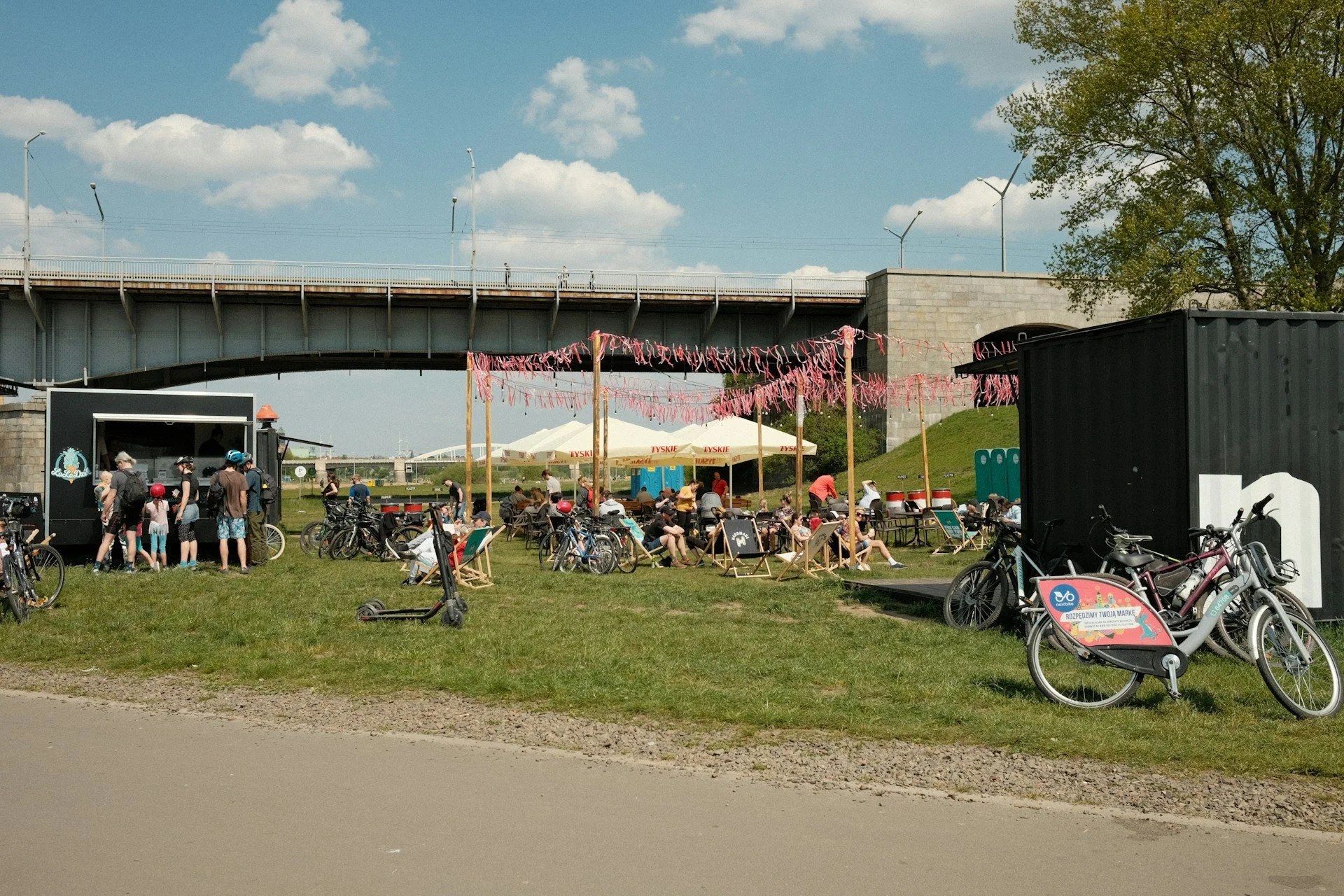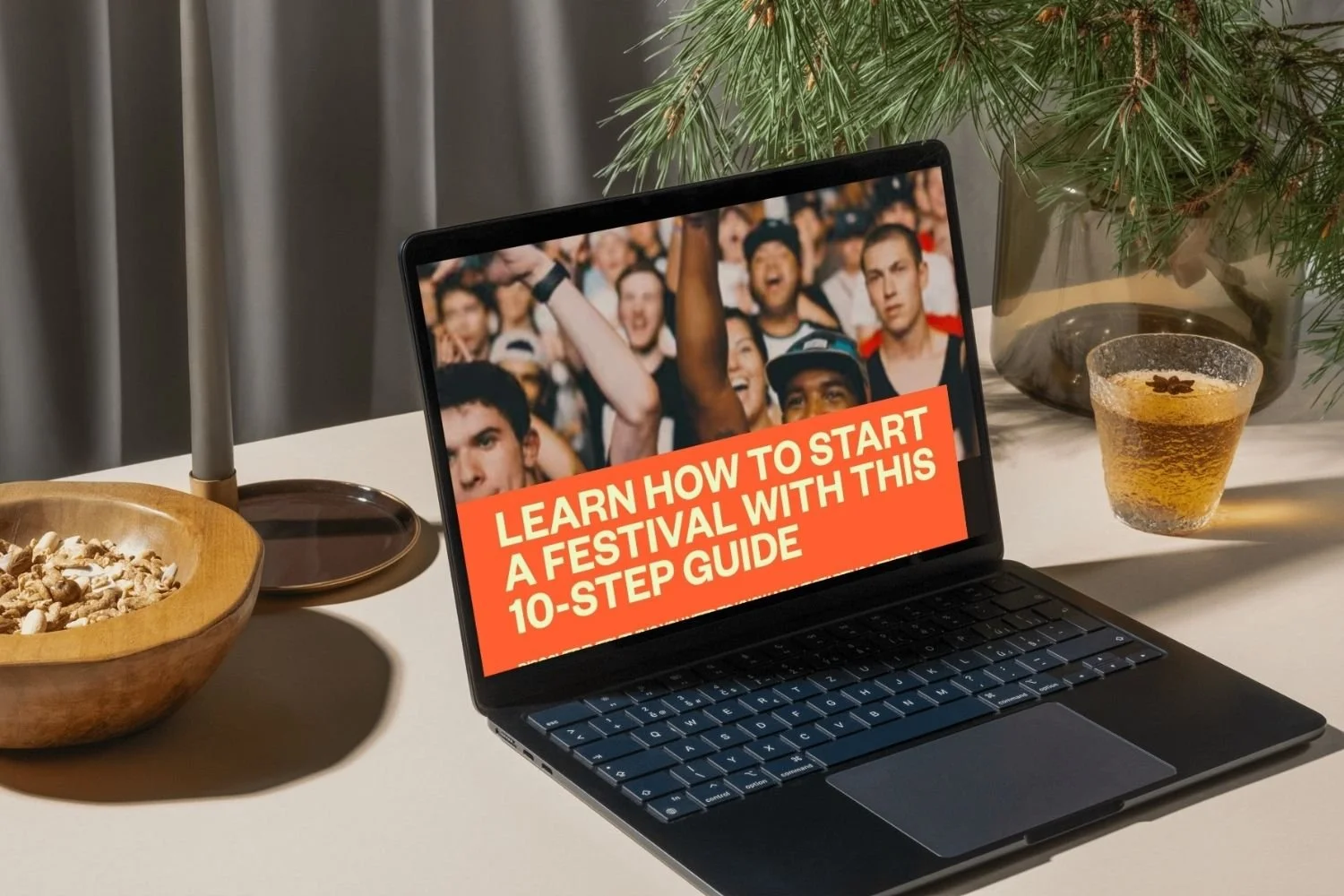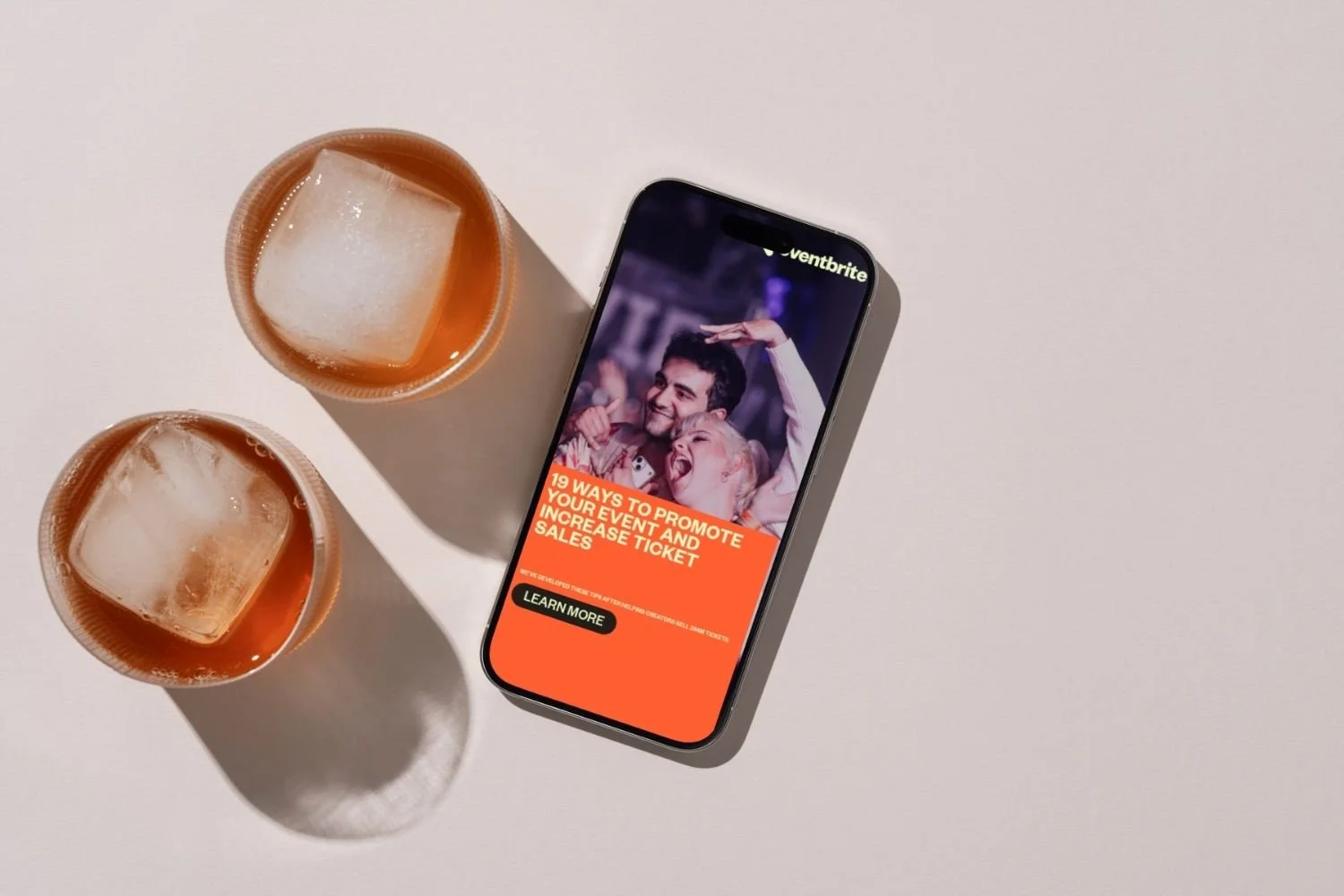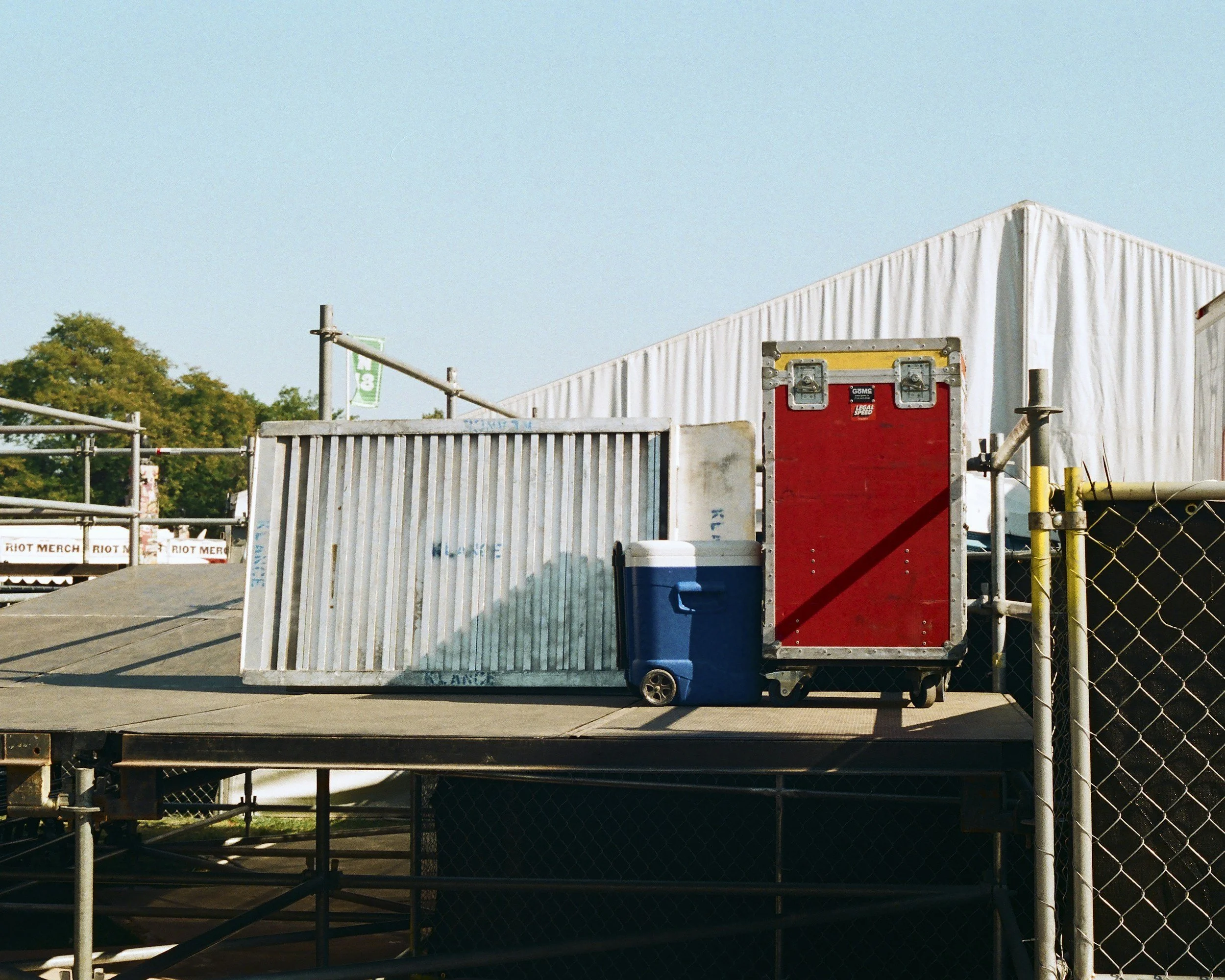Replacing Diesel at Major Events: What Can We Learn?
I'm not an engineer. I don't build solar arrays or run hydrogen fuel trials.
But as someone who's spent decades working on major events and festivals, I know one thing for sure: we use a lot of diesel.
I've seen it happen on bump-in after bump-in. The line item for generators gets approved with barely a second thought. It's reliable, fast, familiar. But it's also polluting, noisy, and increasingly out of step with where we need to go.
This year, I’ve started to learn how leading festivals and public events are moving away from diesel.
I'm not coming in with answers or a blueprint. I'm coming with questions. How are they doing it? Who's funding it? What's working on the ground—and what isn't?
Here are a few insights I'm picking up so far:
Diesel is still the default
It makes sense. Diesel is portable, reliable, and easy to over-spec when you're not sure what your power draw will be. But over time, this leads to inefficiency. Gensets running below load. Fuel wasted. Emissions rising.
There's no one-size-fits-all solution
Some events are going fully off-grid with solar and battery. Others are using hybrid systems, like diesel-battery combos with smart load monitoring. Some are tapping into the grid. A few are trialling hydrogen. The common factor? Early planning and a strong commitment to testing alternatives.
Suppliers play a key role
Events can only make these changes if their suppliers are on board. In some countries, rental companies are investing in greener gear. In others, public funding is helping bridge the gap. In all cases, it's clear that collaboration is key.
Measurement matters
You can't manage what you don't measure. The most successful shifts I've seen involve not just cleaner equipment but smarter systems—like real-time energy monitoring and carbon tracking.
It starts with asking better questions
Instead of just booking the usual diesel setup, some organisers are beginning to ask: What power do we actually need? Can we run some zones off battery? Can we share power loads across vendors? Who is out there ready to provide alternatives? These aren’t radical questions. But they're rarely asked in time.
The Future
I don’t have all the answers yet. But I’m curious, and I’m learning. If you're working in events, sustainability, local government or infrastructure, I'd love to connect. This isn't just about festivals and concerts. It's about what our public events signal to the world—and how we power the experiences we create.
We have the tools. What we need now is the will.
👉 Want more practical event tips? Browse the entire Event Kit Library for articles, insights, and tools you can put into action today.
You Might Also Like
Meet Your Mentor
Hi, I’m Rachella — founder of Event Kit, and an Event Consultant with 25+ years of experience running world-class festivals and public events. I started Event Kit because I knew there had to be a better way. These are the tools and tips I wish I’d had when I was starting out, and now I’m sharing them with you.
EVENT KIT LIBRARY
Guides & Tutorials: Expert Insights & Event Planning Inspiration
Your go-to for practical event planning advice, from beginner basics to smart professional development.














